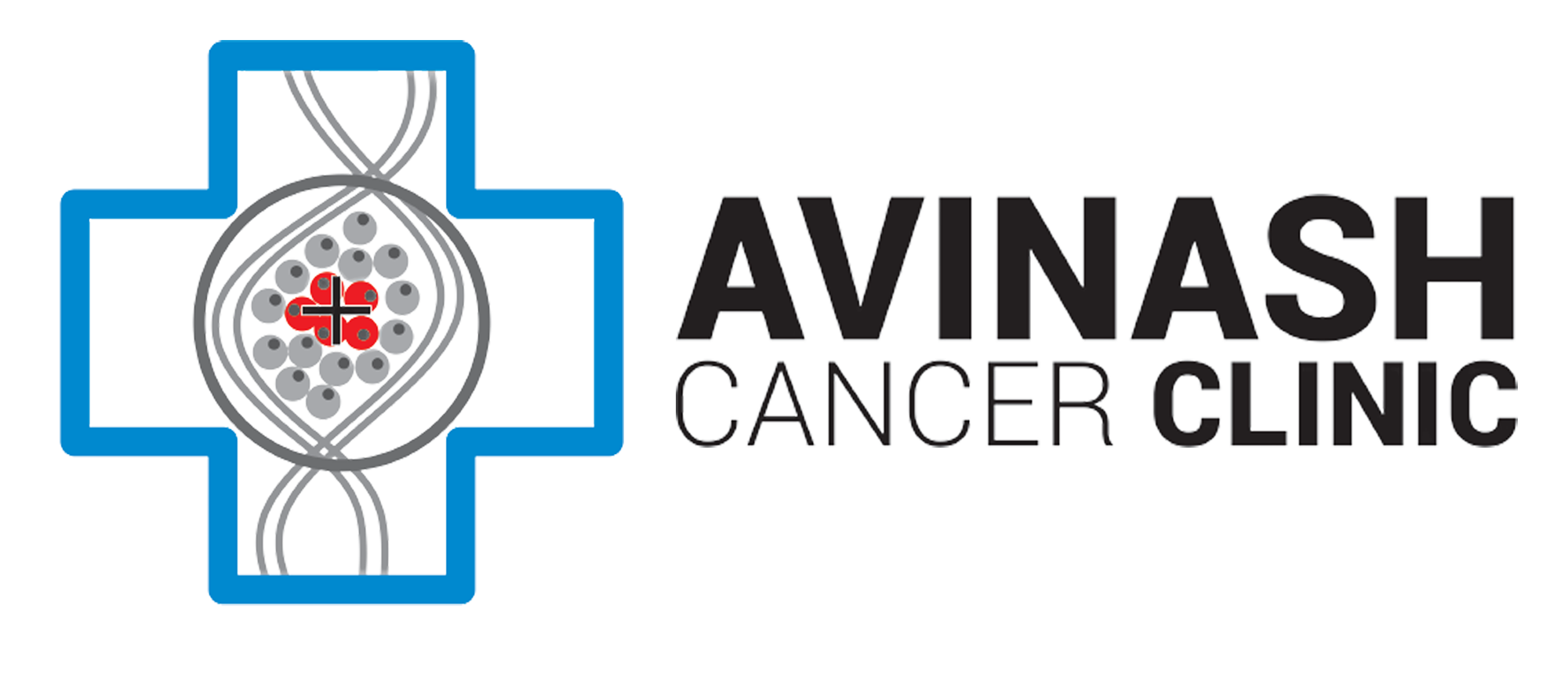FAQ's
BLOOD
Early signs of cancer can vary by type but often include unexplained weight loss, persistent fatigue, unusual lumps or swelling, changes in skin, persistent cough, difficulty swallowing, blood in urine or stool, and unexplained bleeding. Early detection improves treatment outcomes.
Cancer diagnosis typically involves physical examinations, imaging tests (CT, MRI, PET scans), biopsy, blood tests, and sometimes molecular or genetic testing. These tests help identify the type, location, and stage of cancer.
Cancer can be categorized into solid tumors (breast, lung, prostate, colon, liver, pancreatic, head and neck) and blood cancers (leukemia, lymphoma, multiple myeloma). Each type behaves differently and requires specific treatment approaches.
While not all cancers can be prevented, risk can be reduced by avoiding tobacco and excessive alcohol, maintaining a healthy diet, exercising regularly, protecting skin from UV exposure, and getting regular screenings. Vaccinations like HPV and Hepatitis B also help prevent certain cancers.
Cancer spreads through local invasion, lymphatic system, or bloodstream, a process called metastasis. The ability to spread depends on the cancer type, stage, and genetic factors. Early detection reduces the risk of metastasis.
Treatment depends on the type and stage of cancer and may include surgery, chemotherapy, radiation therapy, targeted therapy, immunotherapy, hormonal therapy, and stem cell or bone marrow transplant. Often, a combination of treatments is used.
Chemotherapy can cause nausea, vomiting, hair loss, fatigue, low blood counts, mouth sores, and increased infection risk.
Radiation therapy may lead to skin irritation, fatigue, hair loss at treatment site, difficulty swallowing, or gastrointestinal discomfort, depending on the area treated.
Immunotherapy is a treatment that stimulates or supports the body’s immune system to identify and destroy cancer cells. It can be used alone or with other treatments, particularly for cancers resistant to conventional therapy.
Yes, cancer can recur, either locally (in the same area), regionally (nearby lymph nodes), or distantly (metastasis). Follow-up care, regular screenings, and lifestyle management help detect and reduce recurrence risk.
A healthy diet, regular physical activity, maintaining a healthy weight, avoiding tobacco and alcohol, and managing stress can reduce cancer risk. During and after treatment, lifestyle measures help improve recovery, enhance immunity, and reduce the likelihood of recurrence.



